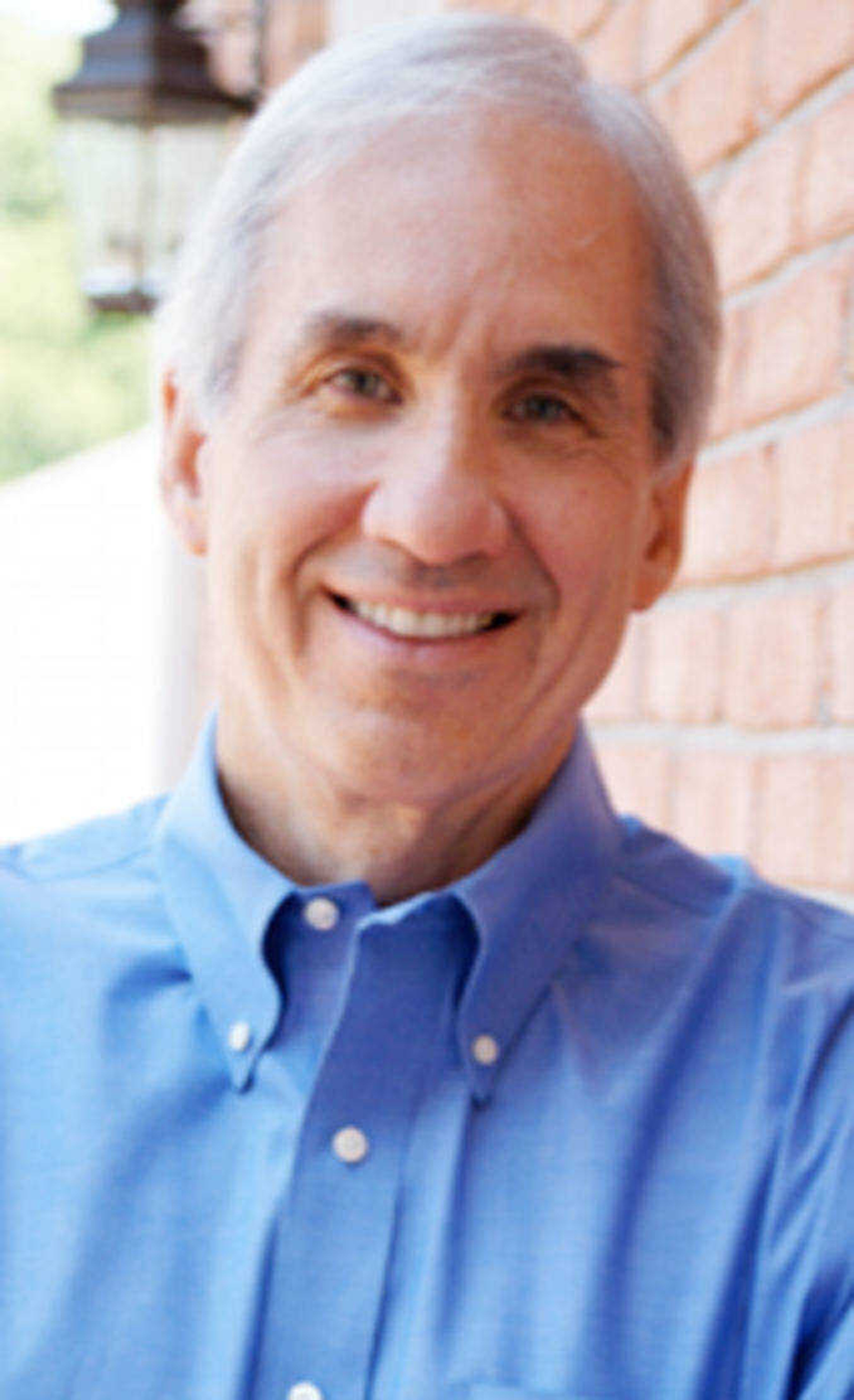A HEARTFELT BUT MISGUIDED DECISION
An e-mailer challenged me: "Are you going to have the guts to now write an article bashing Bush on his decision to partially fund stem-cell research? If you're going to hold true to your principles, you will." My answer: I think President Bush made the wrong decision, and I will not try to justify it. But I'm not going to bash him, because I don't believe his decision was primarily motivated by political considerations, notwithstanding reports to the contrary...
An e-mailer challenged me: "Are you going to have the guts to now write an article bashing Bush on his decision to partially fund stem-cell research? If you're going to hold true to your principles, you will."
My answer: I think President Bush made the wrong decision, and I will not try to justify it. But I'm not going to bash him, because I don't believe his decision was primarily motivated by political considerations, notwithstanding reports to the contrary.
Bush campaigned and, up to now, has governed as an unapologetically pro-life advocate. In his speech announcing his stem-cell decision he affirmed his heartfelt belief in the sanctity of life. Many in the pro-life community with impeccable pro-life credentials, such as the Rev. Jerry Falwell, have applauded Bush's decision. Reasonable minds, even among those in the pro-life movement, may differ on this issue.
So I don't believe Bush sold out or that he forfeited his pro-life credentials by this decision any more than Falwell and others have by supporting it. But I do believe his decision will ultimately harm the pro-life cause.
Some years ago, Congress banned the use of federal funds for stem-cell research that involved the destruction of human embryos. But the Clinton administration, in a classic Clintonian interpretation of that law, promulgated a regulation authorizing such funding, provided that private money financed the destruction of the embryo.
In the process of reviewing the federal budget, President Bush considered whether to accept the Clinton administration's interpretation of the congressional ban. He could have simply rejected the regulation because it was contrary to Congress's intent and denied the funding. This would have been a matter of mere statutory construction, not some weighty moral decision.
Even if Bush had determined that the regulation was not contrary to Congress's intent, he could have rejected it anyway on the basis that the federal government has no business in such matters. For some reason, he chose a different route. He decided that federal funding would not be permitted to destroy further embryos nor to fund research from any embryos destroyed in the future from the extraction of stem cells. But he would permit funding of research on that finite number (60) of stem-cell lines currently in existence, even though embryos were destroyed (through private funding) in the process.
With his decision, Bush apparently believed he could thread the needle, avoid the moral dilemma and achieve the best of both worlds (there would be no funding that involved further embryo killing, but funding of potentially life-saving research on cells extracted from embryos already destroyed could proceed.)
Despite Bush's best intentions, we cannot neatly separate the act of killing the embryos from those 60 existing stem-cell lines from the research on them. If killing human embryos is killing human life, as President Bush obviously concedes, then the federal funding and sanctioning of research on cells extracted from those embryos is wrong.
Some have argued that the funding of research on these 60 lines will be the fruit of the poisonous tree. That's true, but it will be more than that. The federal government will be ratifying the killing. No matter how much we try to compartmentalize, the federal government will become an accessory after the fact in the killing of these embryos.
If you reject the argument that you can't logically separate the funding of research from the previous act of killing, then consider these things:
Who can doubt that once the federal funding of this research begins there won't be overwhelming pressure to fund research on further stem-cell lines, including those whose embryos have not yet been created, much less destroyed?
Who can doubt that because of President Bush's decision, those arguing against such future funding will have lost the moral high ground to oppose it? Consequently, it will inevitably be easier for politicians in the future to approve funding of human embryonic stem cell research across the board. There will be no way to put the federal genie back into the bottle, especially if the research yields promising results.
No matter how benign his intentions and regardless of the support he is receiving from some in the pro-life community, it is difficult to understand how President Bush's decision will not aid and abet the devaluing of human life and the robust culture of death that pervades today's society.
~David Limbaugh of Cape Girardeau is a lawyer, author and syndicated columnist.
Connect with the Southeast Missourian Newsroom:
For corrections to this story or other insights for the editor, click here. To submit a letter to the editor, click here. To learn about the Southeast Missourian’s AI Policy, click here.










